Keeping the change in global average surface temperatures well-below
2 degrees or lower will require a transformation of economies on an
unprecedented scale.
0

0

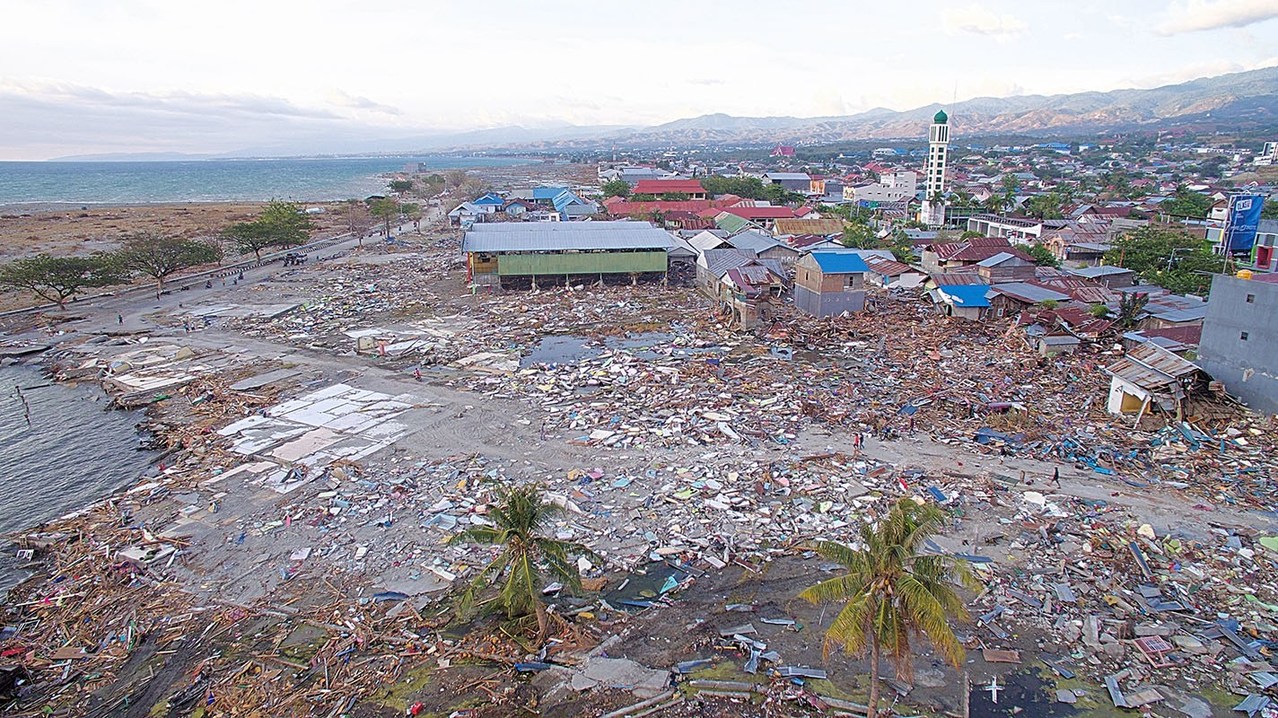
Keeping the change in global average surface temperatures well-below
2 degrees or lower will require a transformation of economies on an
unprecedented scale.
you can drag the cursor
Moving away from
the current dependence
on the unabated combustion of fossil fuels will be challenging.
Ensure to maximise
the synergies with other well-being goals such as health and equity
We can have two-way alignment policies for a wider visibility of synergies and trade-offs

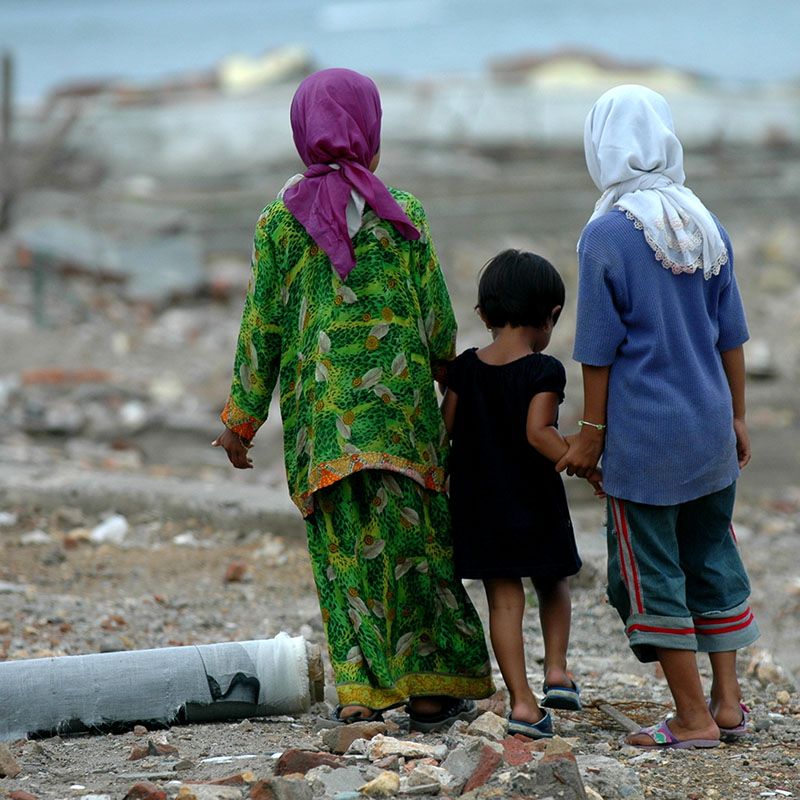
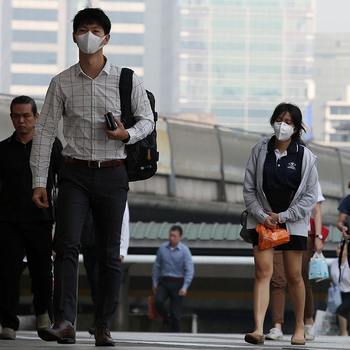
Explicitly forces attention on those things (social connections, a clean environment) that money alone cannot buy and GDP does not value.
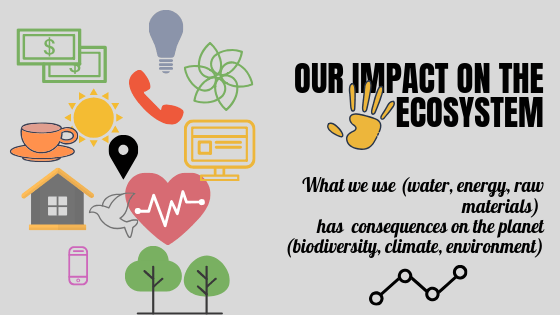
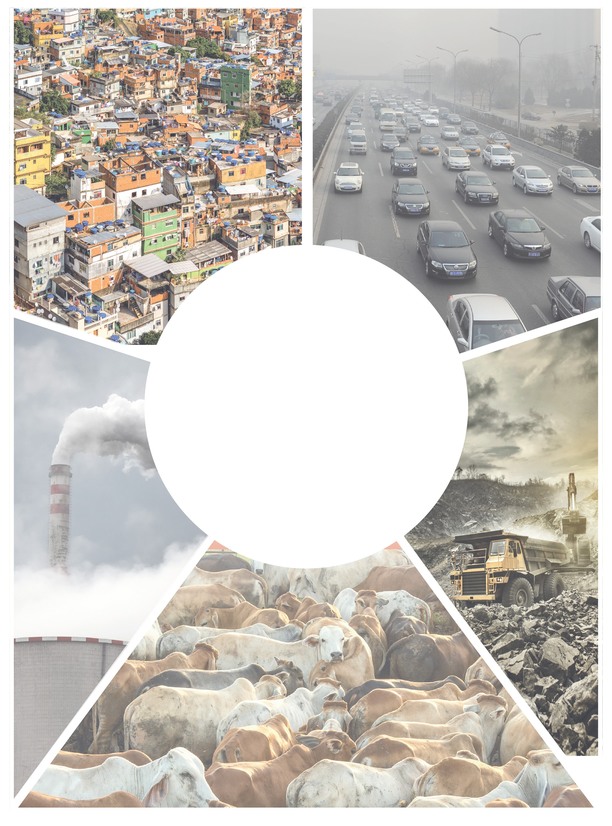
The report builds on the OECD well-being framework and applies a lens to climate mitigation action across 5 economic sectors responsible for 60% of global greenhouse gas emissions:
“it's not just about polar bears, coral reefs, and tropical forests, it's about us”
Kaisa Kosonen, Greenpeace
At the very moment when we need strong, co-ordinated and far-sighted action to safeguard our collective future, the willingness and ability to act for the common good is in very short supply. This deficiency hinders international efforts to tackle climate change and biodiversity loss, on which our current and future well-being depend. While there undoubtedly has been – sometimes impressive – progress in tackling greenhouse gas emissions, it is clearly insufficient.
Moreover, powerful interests remain that continue to oppose stronger climate action.
With global warming currently at around 1°Celsius, we are witnessing many damaging extreme weather events. Worldwide, July 2019 was the hottest month ever on record, and 9 out of the 10 hottest Julys have occurred since 2005, according to the National Oceanic and Atmospheric Administration (NOAA).
The current projected pathways set out by national governments will take us to a world that will be around 3°Celsius warmer by 2100.
The climate goals agreed upon in 2015 in Paris, while challenging and ambitious, are also achievable and necessary.
The report “Accelerating Climate Action” aims to provide both a changed perspective and the underpinning analysis to support an acceleration of climate mitigation action and to halt the increase in the global average temperature to well-below 2°C.
“We are the first generation to feel the effects of climate change, and the last to still be able to do something”
Barack Obama
Consider, with a global vision, the planet as a giant ecosystem, including living and inanimate matter.
This system mainly provides us with 3 types of components: food, fiber and water.
Everything that comes from the ecosystem, which is free at first and whose stocks are to be monitored, is accompanied by services with negative side effects. These impacts do not always translate into an environmental disaster, but the effects can be gradual or thousands of kilometers away.
Adopting a well-being lens means aligning climate action and broader goals of sustainable development such that:
This changed perspective is in line with the recent IPCC Special Report, Climate Change and Land, which shows the interlinkages across climate change mitigation, food security, and land degradation issues.
Catalysing change through
a sustainable electricity sector
Delivering accessible and sustainable mobility
Creating a sustainable food system
Building sustainable dwellings, neighbourhoods and communities
Moving to sustainable production by heavy industry
Delivering accessible and sustainable mobility
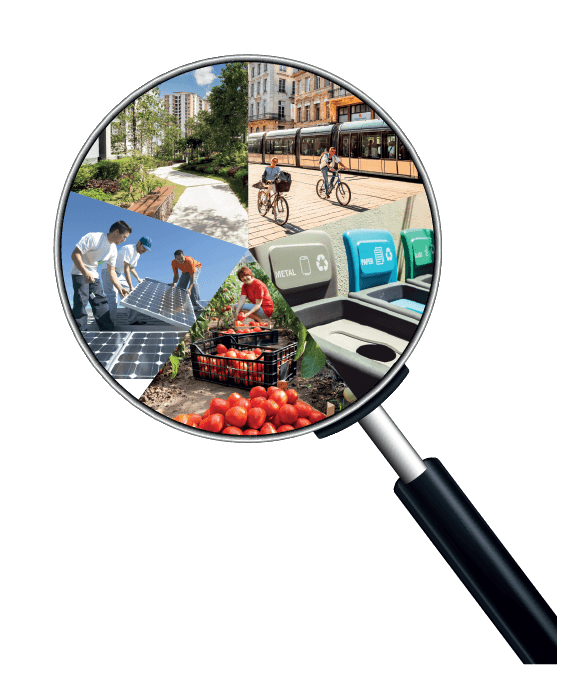

There are synergies across sectors (electricity, transport, agriculture, heavy industry, residential) that can be leveraged to ensure that broader well-being goals – such as equity, health and environmental justice - are part of climate mitigation policies.
In each sector, the report reassesses current policy priorities, making sure these effectively guide the sector towards more sustainable choices. A number of new and complementary indicators are developed to ensure progress on multiple policy priorities.
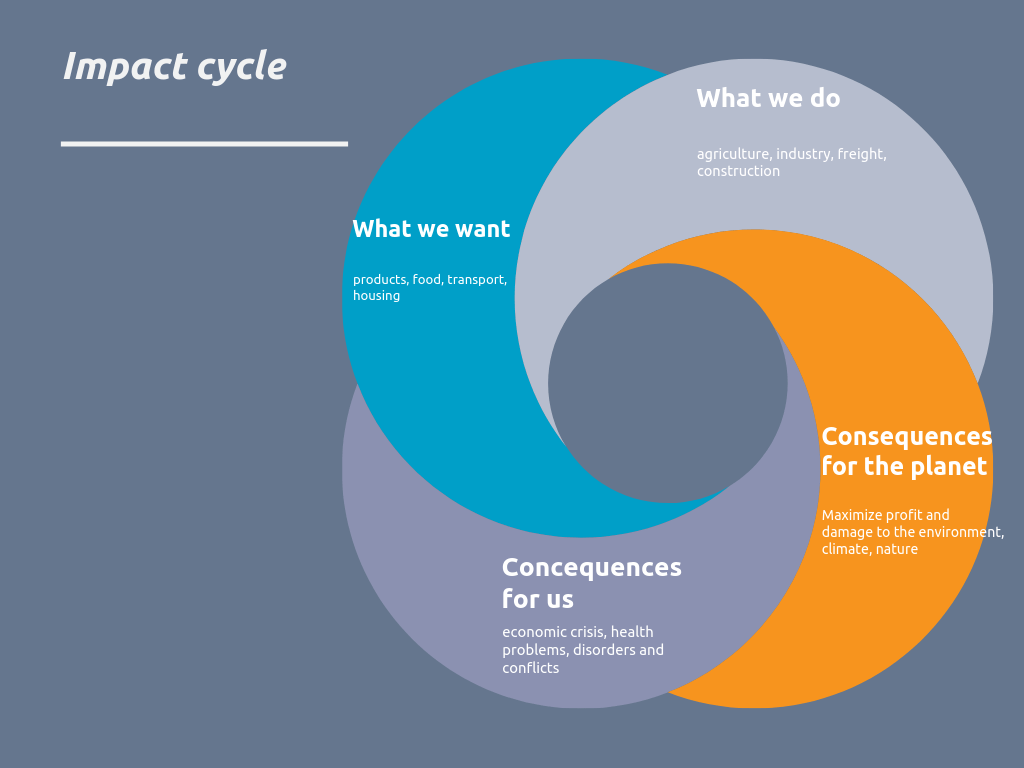
Read the Report
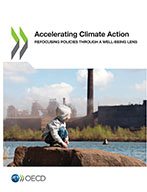
Share the story


This is a dangerous prospect, and people – particularly young people – around the world are increasingly voicing their frustration.
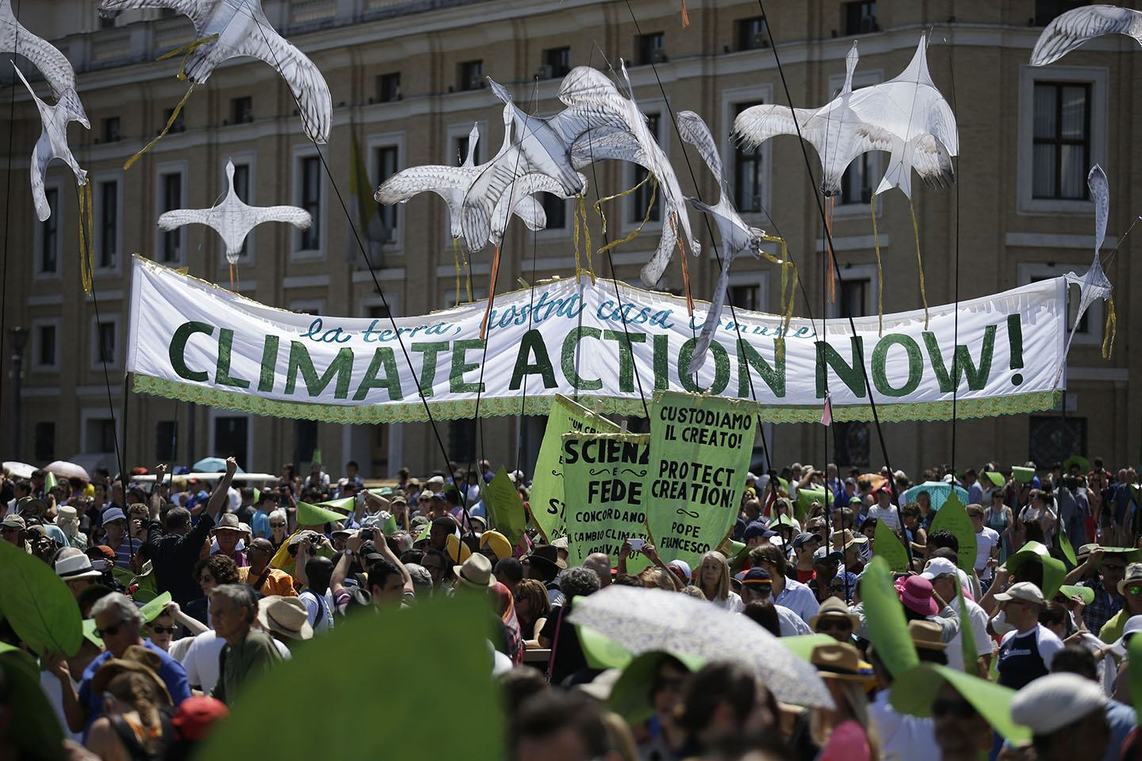
Why frustration?

#ClimateAction
Homepage
Top page
Click on the loop
Accelerating climate action
Accelerating climate action will require a transformation of economies on an unprecedented scale. But this needn’t come at the price of increased inequalities.